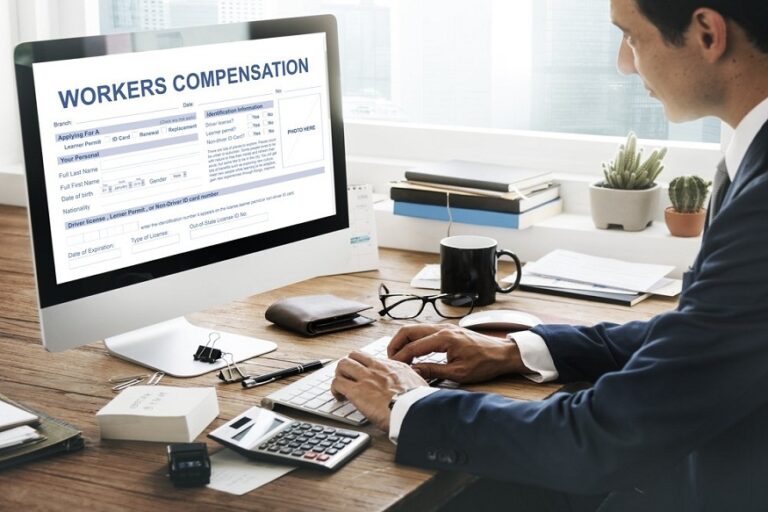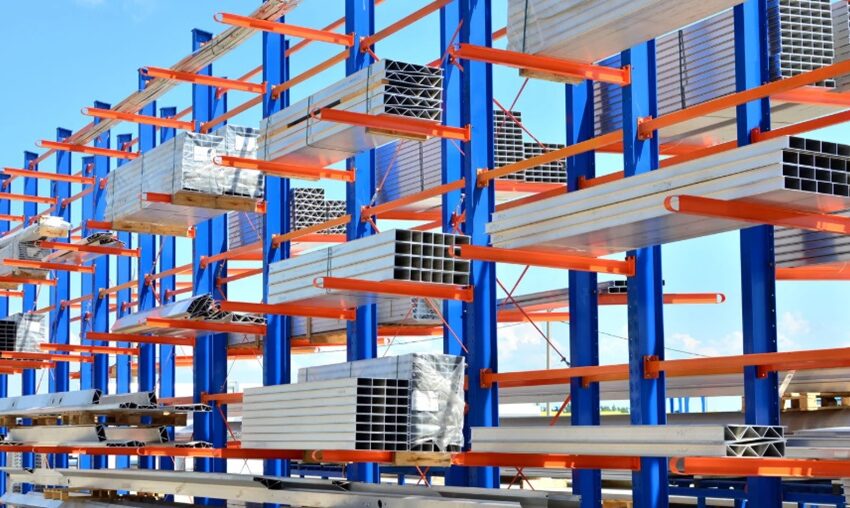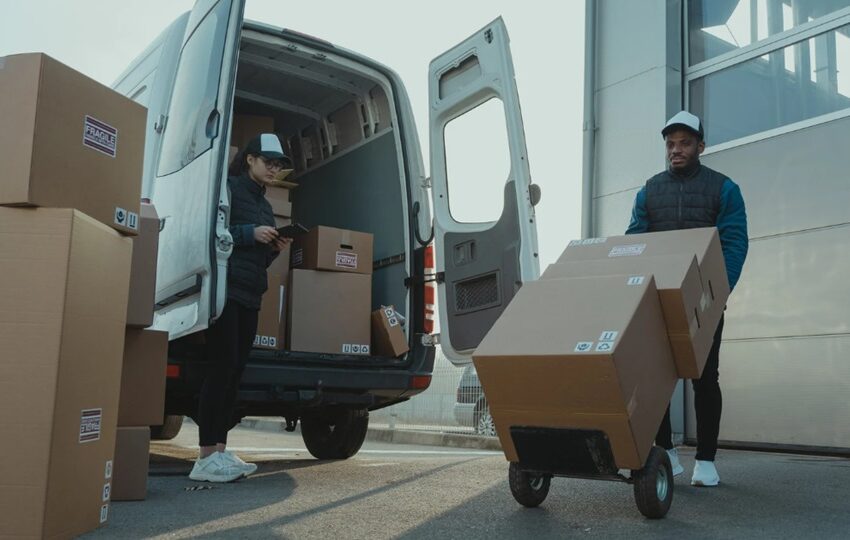Arizona is a state located in the southwestern region of the United States. It is known for its desert climate, stunning landscapes, and diverse culture.The Arizona Department of Liquor Licenses and Control oversees liquor licensing in Arizona. Businesses that wish to sell alcohol must obtain a permit and comply with various regulations, including age verification protocols and restrictions on selling alcohol to intoxicated individuals.
From drunk driving accidents to alcohol-related crimes, the misuse of alcohol can have severe consequences for individuals and society. That’s why liquor licensing in arizona is such an essential component of public safety. By regulating the sale and consumption of alcohol, the permit can help prevent alcohol-related incidents and protect the well-being of individuals and communities. This article will explore the importance of liquor permits for public safety.
Regulating Alcohol Sales and Consumption
The licensing system is aimed at regulating the sale and consumption of alcohol, with laws that vary by state. It typically involves businesses obtaining licenses and adhering to specific operating hours and age verification protocols. This helps prevent alcohol-related incidents by controlling where and when alcohol can be sold. To obtain a liquor permit in Arizona, businesses must submit an application, pay a fee, and provide documentation such as business plans and lease agreements to the Department of Liquor Licenses and Control, Arizona. Upon approval, the license is issued.
Preventing Underage Drinking
Underage drinking is a serious public safety concern. Alcohol use among young people can lead to a wide range of adverse outcomes, including impaired judgment, increased risk-taking behavior, and long-term health problems. Liquor licensing plays a vital role in preventing underage drinking by imposing strict age verification requirements for the sale of alcohol. In most states, it is illegal to sell alcohol to anyone under the age of 21. By enforcing these age restrictions, licensing can help prevent young people from obtaining and consuming alcohol.
Reducing Drunk Driving
Drunk driving is one of the most severe consequences of alcohol misuse. Thousands of people are killed or injured yearly in drunk driving accidents. The licensing can help reduce the incidence of drunk driving by regulating the sale of alcohol to individuals who are already intoxicated. In most states, it is illegal to sell alcohol to someone who is visibly intoxicated. By enforcing these regulations, liquor permits can help prevent individuals from becoming too intoxicated to operate a vehicle safely.
Preventing Alcohol-Related Crime
Alcohol-related crime is another serious public safety concern. When people become intoxicated, they may engage in aggressive or violent behavior that can put others at risk. Beverage licensing can help prevent alcohol-related crime by regulating the sale of alcohol to individuals who are already intoxicated. Additionally, they may require businesses to adhere to security protocols, such as installing security cameras or hiring security personnel, to help prevent crime on their premises.
Ensuring Safe Consumption Environments
Licensing also plays a role in ensuring safe consumption environments for those who choose to drink alcohol. Their laws may require businesses that sell alcohol to have specific safety measures, such as fire extinguishers or emergency exits, to ensure customers’ safety. Additionally, they may require businesses to adhere to specific health and safety regulations, such as providing clean and sanitary facilities for customers.
Encouraging Responsible Drinking
Finally, permits can play a role in encouraging responsible drinking. While alcohol can be safely consumed in moderation, excessive drinking can have serious consequences. Permit laws may require businesses to encourage responsible drinking, such as offering non-alcoholic beverages or providing information on safe drinking practices. Additionally, they may impose penalties on businesses that fail to promote responsible drinking or violate alcohol-related regulations.
Conclusion
Overall, liquor licensing in arizona is an essential component of public safety. By regulating the sale and consumption of alcohol, it can help prevent underage drinking, reduce drunk driving, prevent alcohol-related crime, ensure safe consumption environments, and encourage responsible drinking. As such, it is vital for businesses that sell alcohol to comply with laws and regulations to ensure the safety of their customers and communities.







